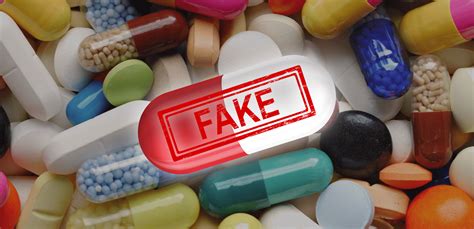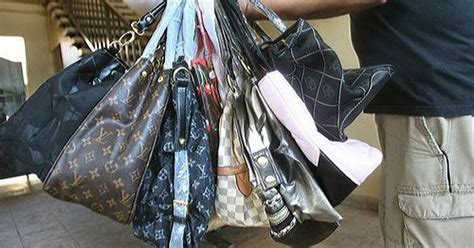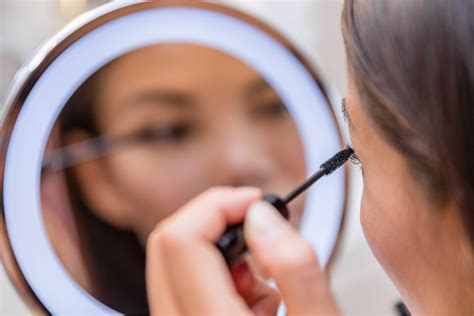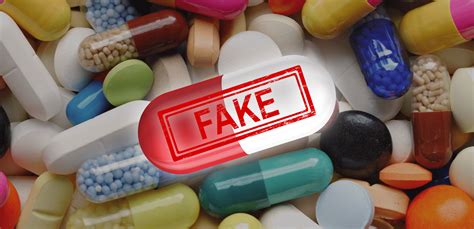Industries Most at Risk from Counterfeiting: An In-Depth Analysis
1. Why is the Pharmaceutical Industry Vulnerable to Counterfeiting?
Counterfeiting in the pharmaceutical industry poses significant health risks to consumers. Fake medicines can result in health complications, ineffective treatments, and even death.

The problem stems from the high value of medicines and the ease of replicating packaging, making counterfeiting a profitable business for criminals. Here’s why this sector remains a top target:
- High Demand: Pharmaceuticals are essential, making them an easy sell.
- Complex Supply Chains: With multiple distribution layers, tracking authenticity is harder.
- Lack of Awareness: Consumers often can’t distinguish counterfeit medications.
| Factor | Description |
|---|---|
| High Demand | Global need for medicines increases chances of counterfeiting. |
| Supply Chain Complexity | Multiple layers create challenges in tracking and verifying products. |
2. How Does the Fashion Industry Combat Counterfeit Products?
The fashion industry, especially luxury brands, is plagued by counterfeiting. Fake products not only hurt brand revenue but also impact brand reputation.

Counterfeiters take advantage of the high price tags of designer goods, producing cheaper knock-offs. Here’s how fashion brands are fighting back:
- Enhanced Packaging: Using unique packaging that’s harder to replicate.
- Serial Numbers: Individualized numbers to verify authenticity.
3. Why is the Electronics Industry a Prime Target for Counterfeiting?
Electronics are highly counterfeited due to their high retail value and complex supply chain, making tracking harder.
Fake electronics can compromise consumer safety, and brands face substantial losses due to counterfeits. Commonly counterfeited items include:
- Smartphones
- Chargers and Batteries
- Headphones
4. What Makes the Automotive Parts Industry Susceptible to Counterfeit?
The automotive industry faces counterfeit parts, which can lead to safety issues and mechanical failures.

5. How Does Counterfeiting Impact the Food and Beverage Industry?
Fake food and beverage products not only harm health but also degrade consumer trust.
6. Why is the Cosmetic Industry Struggling with Counterfeit Products?
The cosmetic industry faces fake products that can cause skin issues and allergies.

7. How is the Technology Sector Affected by Counterfeit Software?
Counterfeit software affects cybersecurity and leads to financial losses for companies.
8. Why are Toys and Children’s Products Prone to Counterfeiting?
Counterfeit toys often fail to meet safety standards, endangering children.
9. How Does Counterfeiting Impact the Healthcare Equipment Industry?
Counterfeit medical equipment can cause misdiagnosis or ineffective treatment.
10. Why is the Alcohol and Beverage Industry Targeted for Counterfeiting?
Alcohol counterfeiting is prevalent due to high demand and easy replication of packaging.
Summary Table
| Industry | Risk Factor | Impact |
|---|---|---|
| Pharmaceuticals | High Value, Complex Supply Chain | Health Risks |
| Fashion | Brand Value | Revenue Loss, Reputation Damage |
FAQs on Counterfeiting Across Industries
1. What industries are most at risk from counterfeiting?
Industries like pharmaceuticals, fashion, electronics, and automotive parts are among the most targeted by counterfeiters.
2. How can consumers identify counterfeit products?
Consumers should look for security features like holograms, serial numbers, and packaging details to identify authentic products.
3. What are the economic impacts of counterfeiting?
Counterfeiting leads to revenue losses, job cuts, and increased costs for anti-counterfeit measures for businesses.
4. What are the health risks of counterfeit pharmaceuticals?
Counterfeit drugs may contain incorrect dosages, leading to ineffective treatment or harmful side effects.
5. How is the automotive industry addressing counterfeit parts?
Automotive companies are implementing unique identifiers and tracking systems to reduce counterfeit parts.
6. Are there any regulations against counterfeit products?
Yes, many countries have laws and customs policies aimed at preventing counterfeit goods from entering markets.
7. How can technology help in combating counterfeiting?
Technologies like blockchain, RFID, and AI can track product authenticity and detect counterfeit items in supply chains.


